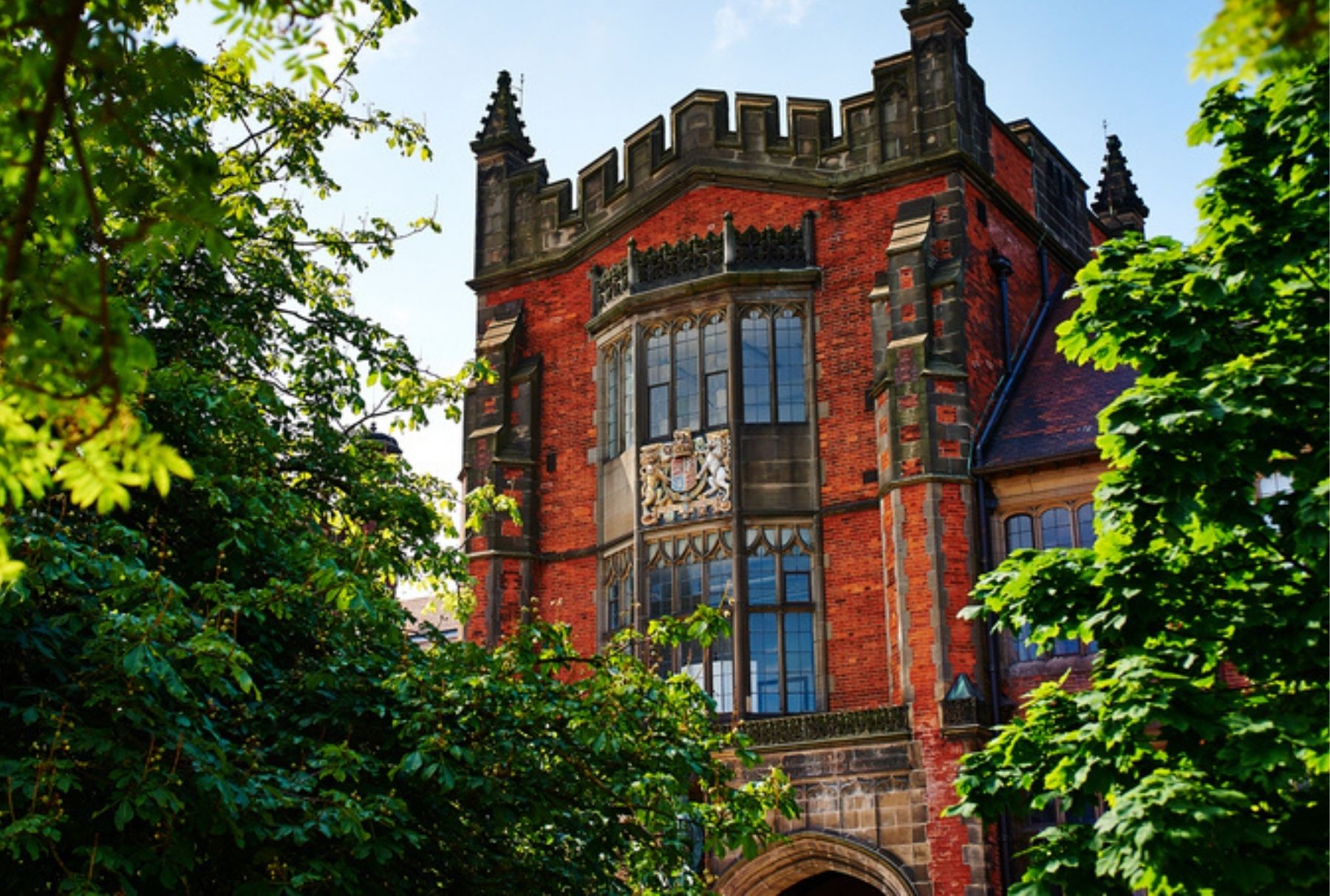Driving Innovation in Household Water and Energy Use
An update from the FairWater Project — a business, academic, and charity-led initiative revealing insights that will help reduce domestic water use and heating.
4 September 2025
A Collaborative Effort for a Greener Future
Funded by Ofwat’s £36 million Water Innovation Challenge, the FairWater Project brings together a powerful consortium led by Northumbrian Water, with partners including Newcastle University, National Energy Action (NEA), Procter & Gamble (P&G), and Northern Gas Networks (NGN).
The shared goal: to help UK households reduce water consumption, lower energy emissions, and cut utility bills.
Researching Everyday Water Use
The project focuses on four common household activities that rely on water: clothes washing, dishwashing, showering, and toilet use.
Researchers are exploring three types of interventions:
- behavioural nudges through educational materials
- cleaning products designed for low temperature and low water use
- introduction of new technologies and appliances
The aim is to understand which approaches are most effective, both individually and in combination.
Engaging Communities in the North East
To gather meaningful data, Northumbrian Water invited 10,000 households across North East England to take part.
From this outreach, 162 households expressed interest, with 55 agreeing to have sensors installed in their homes.
These sensors are now providing detailed insights into water and energy use, including smart water meters, flow sensors, shower duration monitors, and smart plugs.
In parallel, NGN’s Net Zero Research Village (NeRV) is serving as a testbed for innovative water-saving technologies, allowing for controlled trials without disrupting private homes.
Insights and Impact
Since May 2024, data collected from participating households has been analysed by research teams at Newcastle University’s School of Computing, supported by NWG and P&G.
The findings are already revealing patterns in water use and highlighting which interventions have the greatest potential to drive change.
NEA and NGN are contributing valuable insights into energy consumption, helping to build a comprehensive picture of household resource use.
Understanding Behaviour and Attitudes
The remaining 107 households are involved in qualitative research, including baseline surveys and reviews of educational materials.
Future activities will include interviews, workshops, and site visits to explore installed technologies.
These efforts are being coordinated by NEA and Newcastle University Business School, ensuring a well-rounded understanding of consumer behaviour and preferences.
Looking Ahead
The FairWater Project will continue through to Summer 2026.
By its conclusion, it will deliver validated pathways for reducing household water and energy use, backed by robust evidence to inform future policy decisions.
As the UK faces growing environmental challenges, this project stands as a model for collaborative, data-driven innovation.

